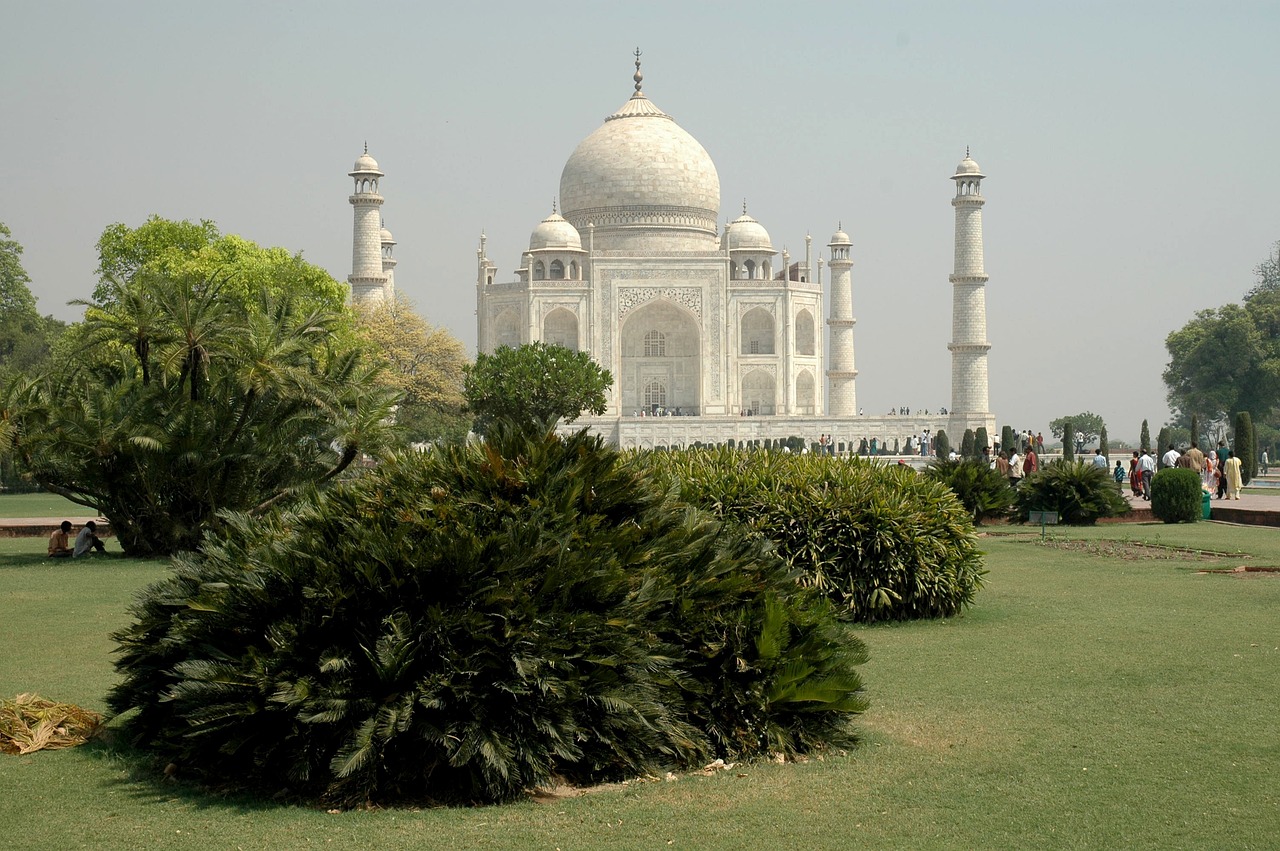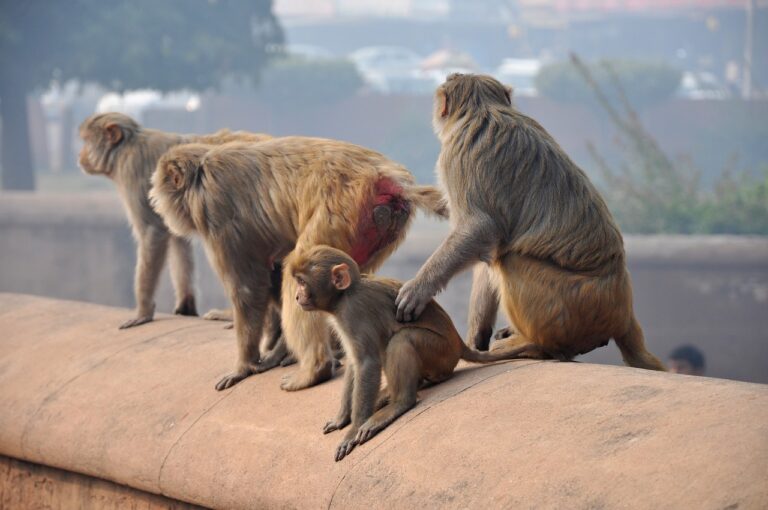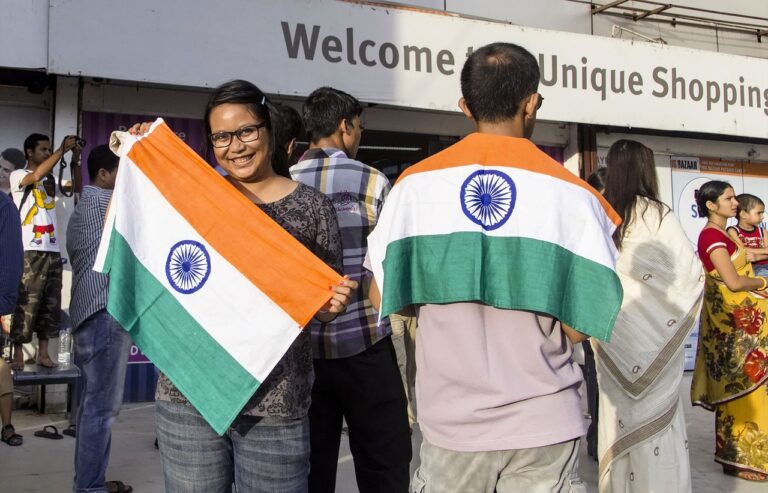Exploring the impact of campaign finance on electoral competitiveness
In modern politics, the influence of money cannot be ignored. Campaigns have become increasingly expensive, making fundraising a top priority for candidates. The influx of money from corporations, wealthy individuals, and interest groups has the potential to sway political decisions and outcomes.
The rise of big donors and Super PACs has raised concerns about the fairness and transparency of the political process. Critics argue that the influence of money in politics distorts democracy, giving undue power to the rich and well-connected. As a result, there have been ongoing debates about campaign finance laws and the need for reform to ensure that all voices are heard in the political arena.
The Role of Super PACs and Dark Money
Super PACs and dark money have become significant players in U.S. politics, wielding influence through massive fundraising and spending capabilities. These entities can raise unlimited amounts of money from corporations, unions, and individuals, allowing them to pour vast sums into political campaigns without facing the same restrictions as candidates and traditional political action committees.
The rise of super PACs and dark money has led to concerns about transparency and accountability in the political process. While super PACs are required to disclose their donors, dark money groups can keep their funding sources hidden from the public. This lack of transparency raises questions about who is truly behind the political ads and messaging that inundate voters during election seasons.
• Super PACs and dark money have become significant players in U.S. politics
• They wield influence through massive fundraising and spending capabilities
• These entities can raise unlimited amounts of money from corporations, unions, and individuals
The lack of transparency surrounding dark money groups has raised concerns about potential corruption and undue influence in the political system. Critics argue that these organizations allow wealthy donors to secretly funnel large sums of money into campaigns without accountability or oversight. This opacity can undermine the democratic process by distorting the views and priorities of elected officials who may feel beholden to their undisclosed financial backers.
In recent years, efforts have been made to increase transparency around campaign finance laws and regulations governing super PACs and dark money. However, loopholes still exist that allow these entities to operate with minimal disclosure requirements. The ongoing debate over how best to regulate these groups highlights the tension between free speech rights and the need for a fair and transparent electoral system.
Despite calls for reform, super PACs and dark money continue to play a prominent role in shaping American politics. Their ability to raise vast sums of money outside traditional campaign finance limits gives them considerable sway over elections at all levels of government. As long as they remain a fixture in the political landscape, questions about their impact on democracy will persist among policymakers, activists, and voters alike.
The Effects of Campaign Finance Laws
Campaign finance laws have a significant impact on the political landscape, shaping the way elections are funded and conducted. By setting limits on contributions from individuals and organizations, these laws aim to reduce the influence of money in politics and ensure a fair electoral process. Additionally, disclosure requirements help increase transparency by making information about campaign finances easily accessible to the public.
Furthermore, campaign finance laws play a crucial role in preventing corruption and maintaining the integrity of the democratic system. By imposing restrictions on fundraising and spending, these laws help to level the playing field and prevent undue influence from wealthy donors and special interest groups. Overall, the effects of campaign finance laws are vital in promoting accountability and fairness in the electoral process.
What is the influence of money in politics?
Money in politics can have a significant influence on elections and decision-making processes. Candidates with more financial resources are able to run more effective campaigns, reach a wider audience, and ultimately have a greater chance of winning elections.
What are Super PACs and Dark Money?
Super PACs are independent political action committees that can raise unlimited amounts of money from corporations, unions, and individuals to support a specific candidate or cause. Dark money refers to funds donated to nonprofit organizations that are not required to disclose their donors, allowing for potentially significant influence in elections without transparency.
How do campaign finance laws impact elections?
Campaign finance laws regulate the amount of money that can be contributed to political campaigns, the sources of funding, and the disclosure of donors. These laws aim to promote transparency, reduce the influence of money in politics, and ensure fair elections. However, loopholes and lack of enforcement can limit the effectiveness of these laws.







